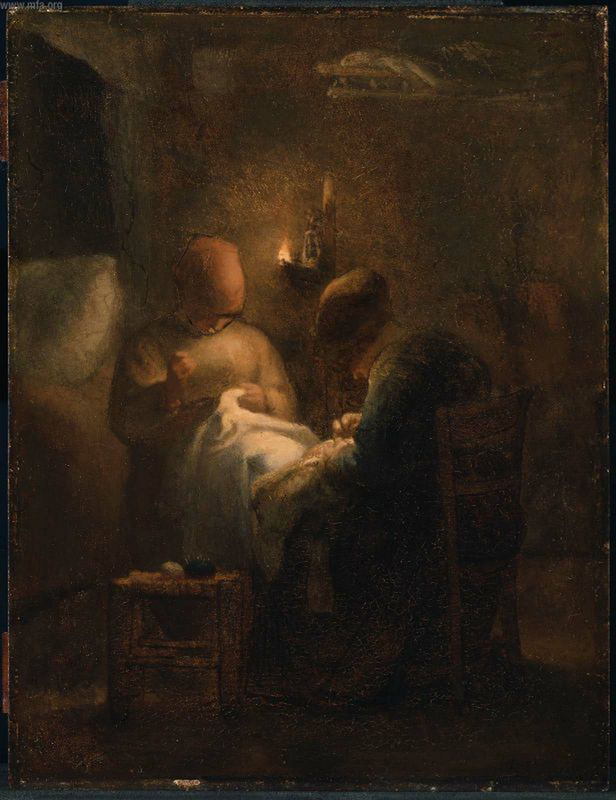This week I worked on making decorative pillow covers for pillows in our den. It was a fairly easy project as all of the cuts and seams were straight, and the fit didn’t have to be perfect for them to still look good.
As I was putting the new covers on the pillows, I realized that part of what made this project easy was having the space and equipment ready to go.
I’ve been sewing my own costumes, home decoration, and clothes since the early 1990’s and have advanced to the point where I can make my own patterns and have things turn out close to the way I envision and design them.
I purchased my first sewing machine when I was in college and have used everything from floors with 70’s shag carpets to my dining room table to cut out fabric and work on projects. When my husband, housemate, and I were looking for a house 20+ years ago, one of our requirements was a space my housemate and I could use as a workroom. The house we bought had a family room in the basement that was perfect (in addition to meeting all of our other requirements).
Our workroom has a cutting table (made for us by my housemate’s dad). We can pin directly into it, so fabric and patterns stay put while we are working with them. We also have enough room to leave all of our equipment (two sewing machines, a serger, and an ironing board) set up and room to store works in progress, fabric, notions, and other crafting supplies.
All of this means that if I want to make a set of pillow covers, or fix a pair of pants, there is a lot of labor I don’t have to do in order to get started. My housemate and I have done all that we can to make it easy to sit down and start on a project.
There are a lot of barriers to working on any project, hobby, or even building good habits. Some of those barriers are self-made and can be removed. For example, my housemate and I have an agreement that the work table is to be left clear—no leaving projects on it ‘to get back to’.
We didn’t always have this rule, but we found that if either of us left a project out, it was more likely than not that the project would just sit there for weeks and neither of us would get any work done because the table was occupied. It wasn’t even a conscious thing, some part of our brain decided that since the table was full, we didn’t have time to work on a project.
For us, the empty table is welcoming. It facilitates creativity and crafting because there is room to get right to work without having to clean and clear a space.
When we lived in a small apartment, anytime we wanted to do a project, we first had to make enough time to clear and set up a space to work and actually work on the project.
Not everyone needs to have an entire crafting workroom in their basement. However, I do think it is worth looking at ways to make what you want to do easier for you to just do; and I believe that that means making both space and time for the desired project to be undertaken.
This is just as true of a spiritual life and discipline as it is of any hobby or habit. There are only so many minutes in the day, bookshelves for books, or space for ritual. Making space and time for a ritual or discipline makes it easier for it to take hold.
—————
Kristin Fontaine is an itinerant Episcopalian, crafter, hobbyist, and unstoppable organizer of everything. Advent is her favorite season, but she thinks about the meaning of life and her relationship to God year-round. It all spills out in the essays she writes. She and her husband own Dailey Data Group, a statistical consulting company.
© 2019 Kristin Fontaine

